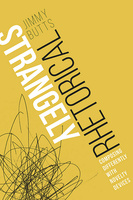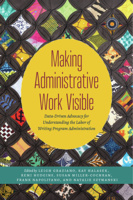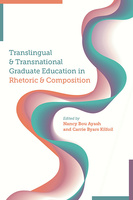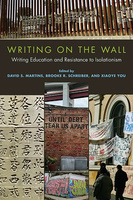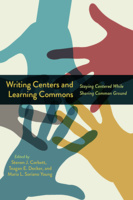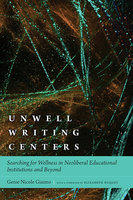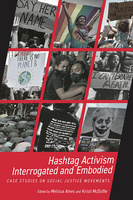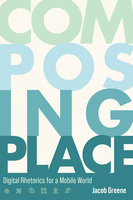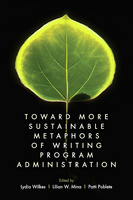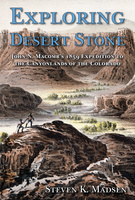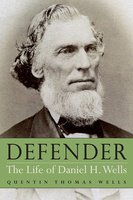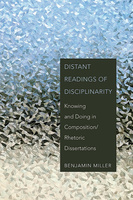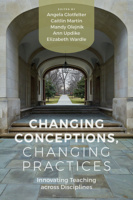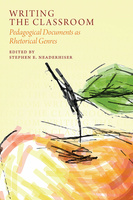Strangely Rhetorical
Composing Differently With Novelty Devices
Strangely Rhetorical establishes the groundwork for strangeness as a lens under the broader interdisciplinary umbrella of rhetoric and composition and shares a series of rhetorical devices for practically thinking about how compositions are made unique.
Making Administrative Work Visible
Data-Driven Advocacy for Understanding the Labor of Writing Program Administration
Translingual and Transnational Graduate Education in Rhetoric and Composition
Translingual and Transnational Graduate Education in Rhetoric and Composition investigates the implications of composition studies’ changing terminological and ideological landscape around language and nation for the professionalization of future university writing teachers-scholars.
Writing on the Wall
Writing Education and Resistance to Isolationism
The first concerted effort of writing studies scholars to interrogate isolationism in the United States, Writing on the Wall reveals how writing teachers—often working directly with students who are immigrants, undocumented, first-generation, international, and students of color—embody ideas that counter isolationism.
Writing Centers and Learning Commons
Staying Centered While Sharing Common Ground
Writing Centers and Learning Commons presents program administrators, directors, staff, and tutors with theoretical rationales, experiential journeys, and go-to practical designs and strategies for the many questions involved when writing centers find themselves operating in shared environments.
Unwell Writing Centers
Searching for Wellness in Neoliberal Educational Institutions and Beyond
Unwell Writing Centers focuses on the inroads the wellness industry has made into higher education. Following graduate and undergraduate writing tutors during a particularly stressful period (2016–2019), Genie Nicole Giaimo examines how top-down and bottom-up wellness interventions are received and taken up by workers.
Hashtag Activism Interrogated and Embodied
Case Studies on Social Justice Movements
Hashtag Activism Interrogated and Embodied analyzes the ways that hashtags repurpose and reclaim societal narratives, considering how these digital interactions carry over into external spaces and are embodied by both participants and spectators alike.
Composing Place
Digital Rhetorics for a Mobile World
Composing Place takes an innovative approach to engaging with the compositional affordances of mobile technologies.
Toward More Sustainable Metaphors of Writing Program Administration
The field of writing program administration has long been a space rich in metaphor. From plate-twirling to fire-extinguishing, parents to dungeon masters, and much more, the work of a WPA extends to horizons unknown. Responding to the constraints of austerity, Toward More Sustainable Metaphors of Writing Program Administration offers new lenses for established WPAs and provides aspiring and early career WPAs with a sense of the range of responsibilities and opportunities in their academic and professional spaces.
Exploring Desert Stone
John N. Macomb's 1859 Expedition to the Canyonlands of the Colorado
Distant Readings of Disciplinarity
Knowing and Doing in Composition/Rhetoric Dissertations
In Distant Readings of Disciplinarity, Benjamin Miller brings a big data approach to the study of disciplinarity in rhetoric, composition, and writing studies (RCWS) by developing scalable maps of the methods and topics of several thousand RCWS dissertations from 2001 to 2015.
Changing Conceptions, Changing Practices
Innovating Teaching across Disciplines
Changing Conceptions, Changing Practices demonstrates that it is possible for groups of faculty members to change teaching and learning in radical ways across their programs, despite the current emphasis on efficiency and accountability.
Writing the Classroom
Pedagogical Documents as Rhetorical Genres
Writing the Classroom explores how faculty compose and use pedagogical documents to establish classroom expectations and teaching practices, as well as to articulate the professional identities they perform both inside and outside the classroom.

